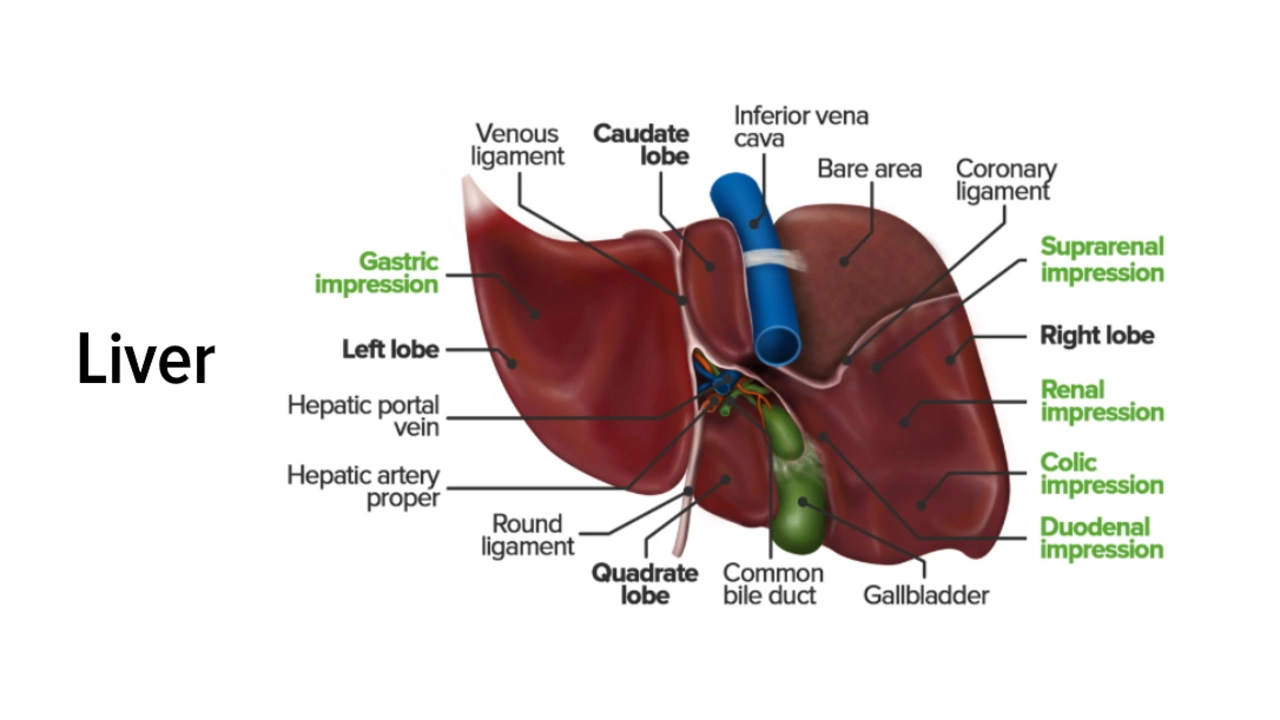Liver Health: Practical Guide to Protecting Your Liver
Your liver cleans your blood, stores energy, and helps process medicine. Most people notice a problem only after damage has happened. You can protect your liver with a few clear habits and regular checks.
Signs, simple tests, and when to see a doctor
Watch for yellowing of the skin or eyes, dark urine, unusual tiredness, persistent stomach pain, or unexplained weight loss. Those are warning signs—don’t ignore them. Ask your doctor for basic blood tests: ALT, AST and GGT. These show whether liver cells are stressed or damaged. If tests are abnormal, your doctor may follow up with ultrasound or more specific blood work for hepatitis.
If you drink heavily, use recreational drugs, or take long-term medicines, get checked sooner. Same if you have diabetes, high cholesterol, or a family history of liver disease. Early detection often means simpler, effective steps to recover or prevent worse damage.
Everyday habits: diet, exercise, supplements and medicines
Food and weight matter. Fatty liver disease is common and often reversible with diet and activity. Aim for 150 minutes of moderate exercise per week and gradual weight loss if you’re overweight—losing 5–10% of body weight can improve liver tests. Cut back on added sugar, refined carbs, and processed food; choose whole grains, lean protein, vegetables and healthy fats instead.
Alcohol adds stress. If you drink, keep it low and avoid binge drinking. Alcohol plus certain medicines or supplements raises risk quickly. Acetaminophen (paracetamol) is safe at recommended doses but can harm the liver in overdose—always follow the label and don’t mix multiple products that contain it.
Supplements can help or hurt. Some people use liver extract supplements for energy and recovery; they provide nutrients like B12 and protein, but evidence varies and products aren’t tightly regulated. Before starting any supplement, check with your doctor and bring the product label. Avoid high-dose herbal preparations known to cause harm—kava, high-dose green tea extract, and unclear mixtures have been linked to liver injury.
Medication interactions matter. Certain medicines and even grapefruit juice can change how drugs are processed and raise liver risk. Tell your doctor about every pill and supplement you take. Vaccinations for hepatitis A and B protect against viral causes of liver damage—ask your provider if you need them.
Small steps add up: keep routine blood tests if you have risk factors, prioritize a balanced diet, stay active, limit alcohol, and review all medicines and supplements with your clinician. If you have symptoms or abnormal tests, don’t wait—early action often makes recovery much easier.

